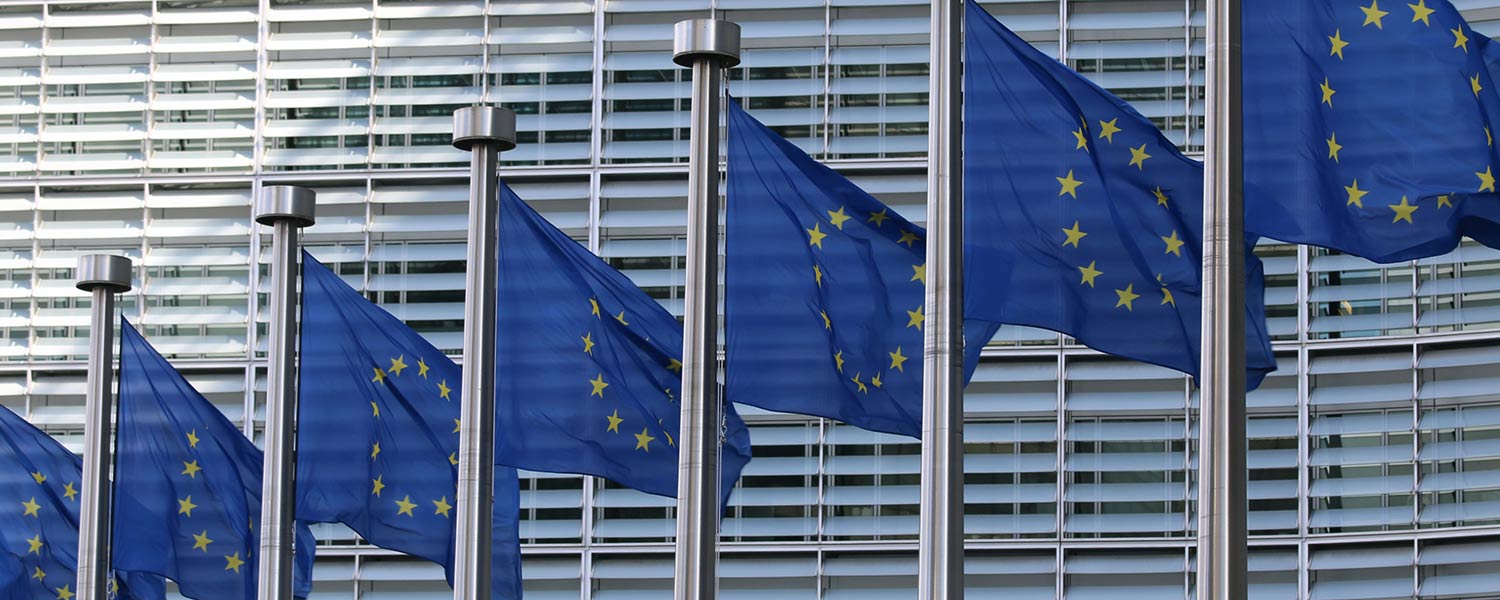The European Commission is playing politics with the global Internet. It’s time it clearly rejected the idea of “network usage fees” once and for all.
What is the European Commission doing?
In February 2023, the European Commission launched a public consultation on “The future of the electronic communications sector and its infrastructure,” a highly anticipated step in a policy debate about mandating direct payments from online services to Internet Service Providers (ISPs) for carrying their traffic (a.k.a. “network usage fees”).
Last week, five months after the consultation closed, the results were finally published, which clearly reject such ideas—even more so than described in the Commission’s summary.
The Internet Society and many other stakeholders have strongly opposed these policies, which amount to a “sender pays” settlement regime for Internet traffic. As all of these stakeholders have pointed out, there is no evidence of a problem or market failure that warrants any form of intervention—and if imposed, it would instead cause significant harm to the Internet ecosystem. We knew this going into the consultation, and presumably so did the Commission since the Body of European Regulators for Electronic Communications (BEREC) just months earlier had already issued a preliminary analysis in which they found “no evidence that such mechanism is justified” and that the large telecom operators’ proposal “could present various risks for the Internet ecosystem.”
Despite this, the Commission pressed on with a consultation that included this topic, which seemingly sought to validate the idea of direct payments. For example (as noted in the Internet Society’s contribution), the survey failed to provide any evidence of a problem needing regulatory resolution. It consistently referred to content providers being “traffic generators”—a flawed premise that BEREC had already debunked in its preliminary report.
While some may say that a consultation is just that, a consultation, and that no harm has been done, the global picture is somewhat different: the very fact that the Commission held a consultation on this matter legitimizes the lobbying efforts of large telcos in other parts of the world, including India and Brazil. It has been an unnecessary exercise that has only reinvigorated a flawed debate around policies that would weaken communication infrastructures, contradict net neutrality, fragment the global Internet, and that has been rejected in the past.
The results are out. What did we learn from the consultation?
The consultation’s key question about network usage fees can be found in Question 54 of the survey:
54. The European Declaration on Digital Rights and Principles states that all digital players benefiting from the digital transformation should contribute in a fair and proportionate manner to the costs of public goods, services and infrastructures to the benefit of all people living in the EU. Some stakeholders have suggested a mandatory mechanism of direct payments from CAPs/LTGs to contribute to finance network deployment. Do you support such suggestion and if so why? If no, why not? [Only one option can be selected]”
And how did stakeholders respond?
The Commission summary doesn’t make it clear. The top takeaways highlighted on the webpage do not even mention direct payments, despite their importance to the broader policy conversation. Instead, they mention broader, less specific issues without exploring the stakeholder opinions on this hotly debated topic.
When they do cover this topic, the Commission’s summary report of the 437 responses notes that “[m]ore than half” replied to the question and that “[w]hile the majority (mostly digital platforms, CDNs, consumer organisations and citizens) of the respondents expressed opposition to a mandatory mechanism of direct payments from CAPs/LTGs to contribute to the financing of network deployment, other respondents (primarily ECN providers) supported the system as a tool to address the imbalanced bargaining power between them and LTGs.”
This sounds like a close call, right? Perhaps 51% were against the idea, while 49% were in favor? Not even close. Framing it simply as “a majority expressed opposition” is quite misleading.
A look beyond the Commission’s summary report.
Let’s clarify how stakeholders could contribute to the consultation:
- They could respond via a survey.
- They could skip the survey and submit a stand-alone document (this is what the Internet Society did).
- They could do a mix of these: respond to the survey as well as attach a document.
This means that the results of Q54 can be summarized through four values: “Yes,” “No,” “I don’t know,” and “blank.” For instance, the Internet Society’s contribution would show up as “blank” since we used the second option of only submitting a document and did not respond to the survey. This means that there are three options that clearly indicate the respondents’ preference, while the fourth (“blank”) requires analysis of an attached document to find an answer.
Now, to the results of Q54.
To avoid bias, we account “blanks” with no attachment as “I don’t know”. Attachments in favor and attachments speaking against direct payment mechanisms are allocated to “Yes” and “No,” respectively. The results are:
In favor: 52
Against: 227
Don’t know: 158
This tells us that only 12% of all respondents explicitly favor the idea, and 52% expressly reject it. Or, if we only calculate those that did express an opinion (“Yes” or “No”)—which is closer to how the summary report frames it by referencing only those that responded to the question—it would be 19% in favor and 81% against.
To say that “a majority expressed opposition,” while accurate, is certainly an understatement given its low support!
Also, the summary report’s qualitative description of the results omits the fact that out of the total 51 responses identifying as an electronic communications network (ECN), only 39% (20) supported the idea (all organization size “Large”) while 22% (11) explicitly rejected the idea. In other words, the results are not simply that ECNs were in favor, while others against—ECNs are also against it.
Percentages should not be the only arbitrator in a policy consultation like this. Decisions should be informed by facts and reason, not blindly looking at the distribution of responses. That said, the summary report does not shy away from such accounts for other questions, and to not disclose these numbers is to downplay the results. Given the high number of responses (63% of all respondents to the survey) to this question, there is no reason not to call this out.
The fact that the European Commission has taken five months to analyze the results of one of the most consequential questions for the future of the Internet is mind-blowing. It should not have taken so long (it took the author a couple of days, mainly due to issues of getting the data exported from the Commission’s website), and to avoid any perception of trying to obfuscate the results, the summary report should have included a clear account of the responses to salient questions like Question 54.
To mitigate any perceptions of this, we strongly recommend that the European Commission comes out with a clear position on this topic, rejecting the notion of network usage fees and the large telecom operators’ call for “fair contributions” once and for all.
For those interested in reviewing the results of the consultation and the Internet Society’s summary, we have made the Excel document available.
Due to the size of the original file the document only includes responses to Question 52 and forward. The underlying data can be downloaded from the Commission’s website. We are making our version available for transparency of how we summarized results and since the Excel export from the original source contained a number of formatting issues, which we had to address to summarize the results.
Photo by Guillaume Périgois on Unsplash

